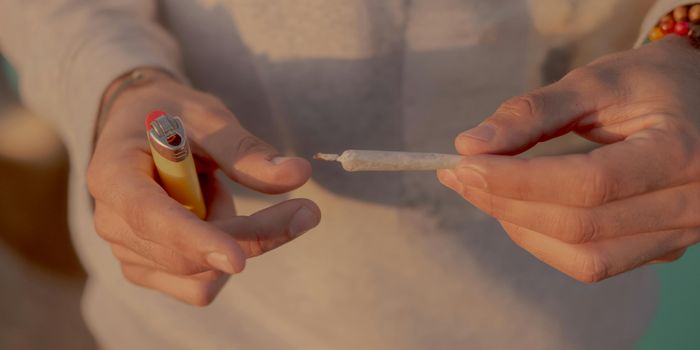Updated Guidelines for Traumatic Brain Injury
A significant update was recently made to the INCOG guidelines for cognitive rehabilitation following traumatic brain injury. INCOG is an international team of researchers and clinicians who first shared clinical practice guidelines (CPG) in 2014 and now have updated recommendations for implementing cognitive rehabilitation in INCOG 2.0. TBI can cause severe damage to the brain networks responsible for memory, attention, executive functions, and cognitive aspects of communication.
The researchers focused on expanding the evidence base on cognitive rehabilitation for moderate to severe TBI patients. They analyzed more than 160 interventional studies published since the original 2014 INCOG guidelines. In particular, INCOG 2.0 identified many barriers that still remain when translating research evidence into clinical practice. The researchers pointed out that barriers to CBG implementation can be due to the nature of the intervention, the beliefs and awareness of medical practitioners, and the practice environment.
The most recent update addresses critical issues in cognitive rehabilitation after TBI. These topics build on the content included in the original INCOG guidelines. They include the general principles of cognitive rehabilitation and an enhanced section on telerehabilitation and emerging evidence on the management of posttraumatic amnesia, rehabilitation of attention and processing speed, and new approaches to executive function, including the "evolving and strengthening" evidence on metacognitive strategy instruction. The guidelines also include information on using telerehabilitation to promote recovery.
Most TBI interventions involve monitoring intracranial pressure and brain oxygen levels. INCOG 2.0 includes revised recommendations for cognitive-communication disorders and strategies for rehabilitating memory impairment. The document also includes best practices for using clinical algorithms to support decision-making and individualized interventions. INCOG 2.0 also identified data patterns relevant to the COVID-19 pandemic impact, which reflected a quick pivot to telehealth-assisted rehabilitation. The researchers felt it was critical to update evidence-based in-person and virtual cognitive rehabilitation recommendations.
Sources: Eureka News Alert, Journal of Head Trauma Rehabilitation








